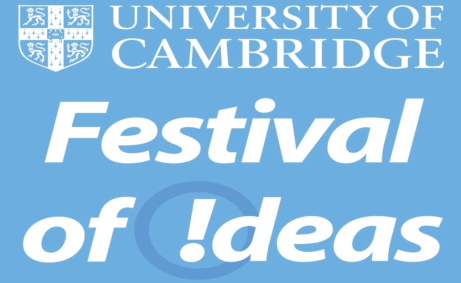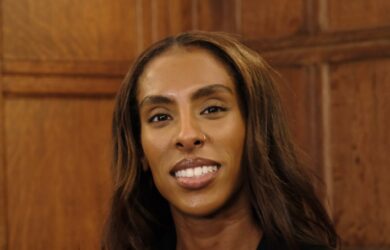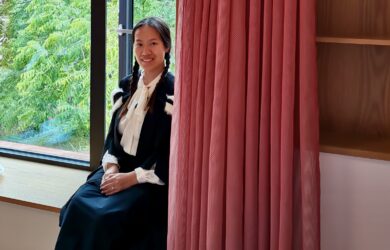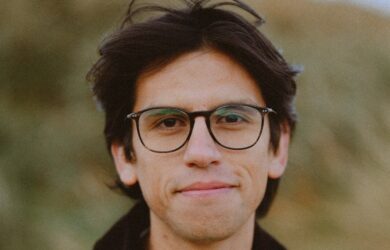
Gates scholars will speak about their research at the Cambridge Festival of Ideas.
Gates scholars will be speaking about their research and campaigning in areas ranging from citizen journalism and online protests to African enterprise and business networking at this year’s Cambridge Festival of Ideas.
Current scholars Joe Bonneau, Andrew Gruen, Julia Fan Li and alumna Robyn Scott will speak at the Future Research Talks on Saturday 23rdOctober in an event chaired by John Naughton, Director of the Wolfson College, Cambridge Press Fellowship Programme.
The event is being held at the Pitt Building from 10-11.30am.
Joe Bonneau‘s talk, The challenges of online protest, will address the rise in social movements’ use of the Internet as a medium to promote their cause and will discuss the brief history of online protests on websites, blogs, social networks, and virtual worlds. It will also outline future challenges, including techniques to prove serious commitment to a cause when information generation is nearly free, and ethical questions like the meaning of “non-violence” in a digital setting.
Bonneau is doing a PhD in Computer Science and is studying security, including both technical aspects of cryptography and the human element in large systems like the Internet.
Andrew Gruen will talk about his research into South Korea’s citizen journalism movement. He says it shows there needs to be three main elements for citizen journalism to succeed: a history of journalistic repression, widespread availability of broadband and a pre-existing democratisation movement. He will address how this research opens up wider questions about how our social relationships define the kind of media we have.
Gruen did his MPhil at Cambridge on citizen journalism and won a grant from the Henry Luce Foundation to go to South Korea to work with citizen journalism medium OhmyNews. He is currently doing a PhD in the Sociology department. His aim is to develop new metrics of success for news enterprises and conduct comparative case studies on the very best.
Julia Fan Li‘s talk, Impatient Optimism, will examine some of the global macro-intervention policies aimed at increasing health equality as well as how we can apply innovation theory to everyday examples of entrepreneurship.
Fan Li is doing a PhD in innovation studies and financing global health in the Institute for Manufacturing in the Department of Engineering at Cambridge.
Robyn Scott will talk about OneLeap, which she started with fellow Gates Scholar, Hamish Forsyth. OneLeap gives young people building their careers, businesses or social enterprises – regardless of their background or networks – the chance to get their ideas directly in front of the people who can make opportunities happen. To do this, OneLeap’s model brings together two unlikely partners: the market and charity.
Anyone committed enough to “put their money where their mouth is” can pay a fee to send a short message to one of the established people – or “Shakers” – who are profiled on www.oneleap.to. These influential Shakers – potential clients, investors, mentors, employers – list themselves because they want to be open to the best new ideas and talent beyond their networks. The fee senders must pay is set by the “Shaker” and acts as a filter for time-wasters. The twist is when the Shaker responds, 80% of the fee goes to charity, divided between the Shaker’s favourite charity and the sender’s favourite charity. If Shaker doesn’t respond in 10 days, the sender gets a 100% refund. OneLeap democratises access: people get through because they are serious about their talent and ideas; not because of who they know or where they come from.
Scott did an MPhil in Bioscience Enterprise. Co-founder of OneLeap, she is also chair and co-founder of Mothers for All, a Southern African non-profit which teaches entrepreneurship skills to AIDS orphan caregivers, and an ambassador for the Access to Medicine Index. She is also a writer, her first book about growing up in Botswana against the AIDS epidemic. Her second book is about maximum security prisoners who have adopted AIDS orphans. She has worked for the Financial Times, BP and Investec.












